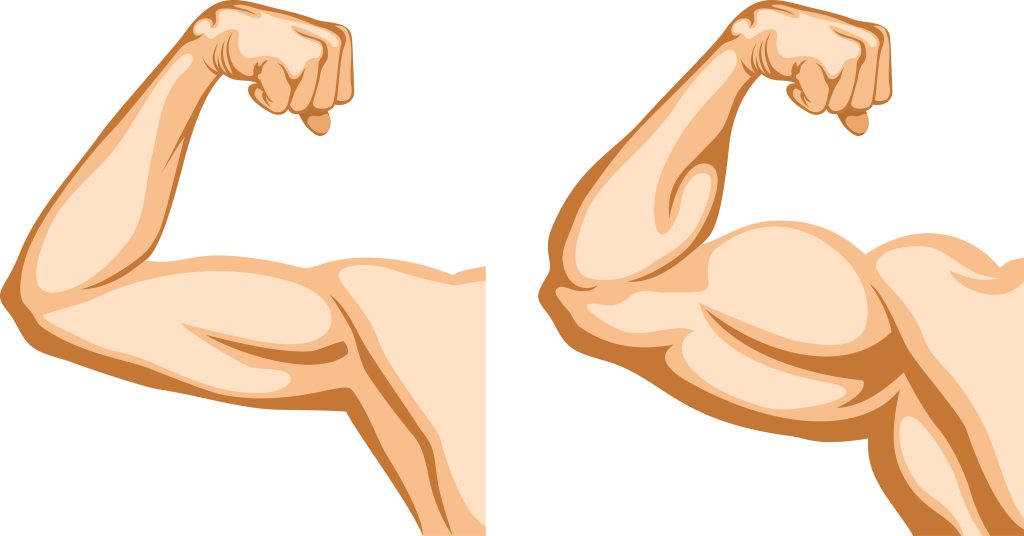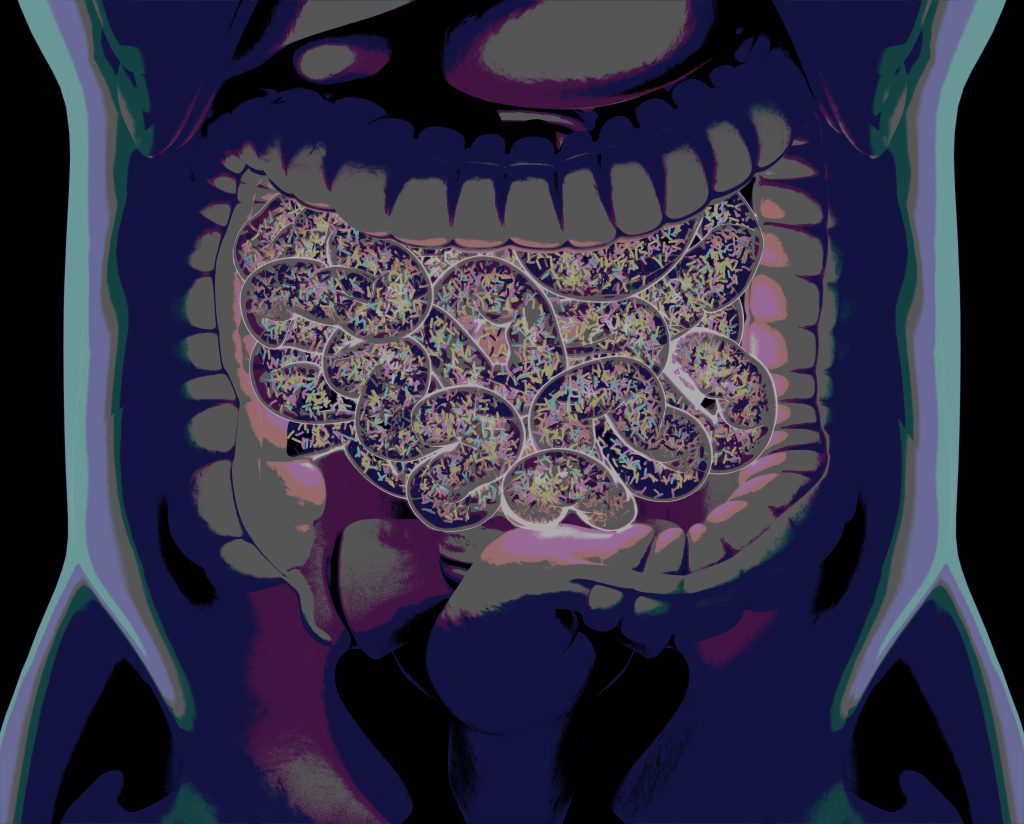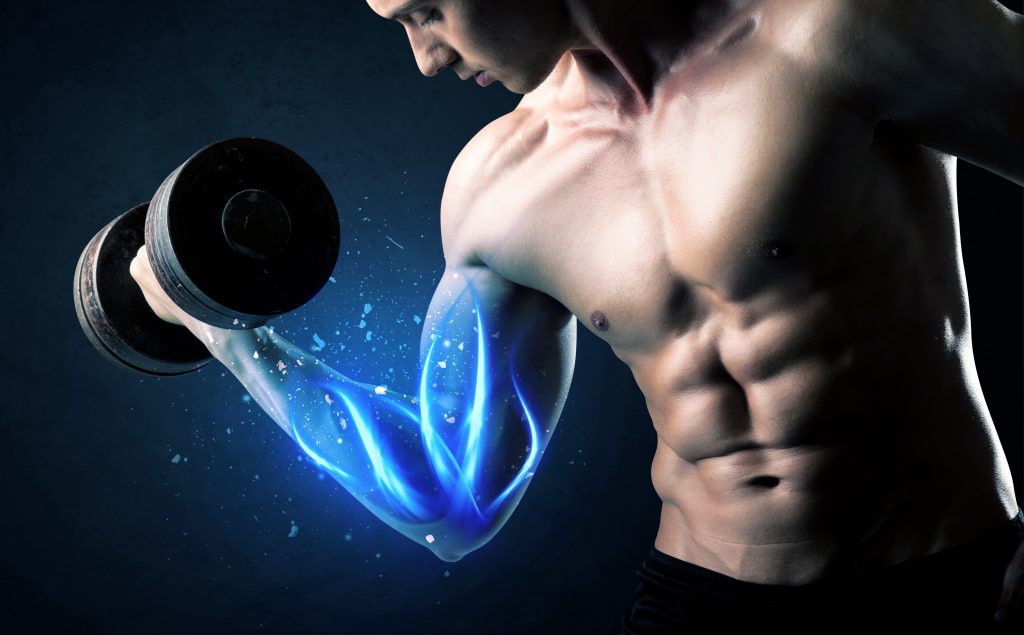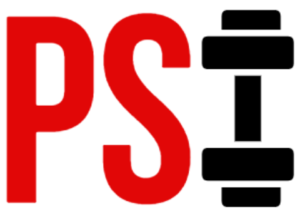Have you ever wondered why your muscles seem to respond differently to your workouts, even when you do the same exercises? We all know that nutrition is a major factor in muscle growth, but there’s something even bigger at play: the Gut-Muscle Axis.
It’s only recently that scientists have started to piece together the complex relationship between your gut and your muscles—and the implications it has for muscle growth. In this article, we’ll explore what the Gut-Muscle Axis is and how it can help you maximize your muscle gains.
We’ll draw from a recent study to take a deep dive into all the important details like what happens within your body when you exercise, how digestion affects muscle recovery and why proper nutrition is critical for optimal results.
Overview of the Gut-Muscle Axis
Are you looking to build muscle? It turns out that one of the keys might not just be found in your gym. In recent years, research has uncovered a powerful connection between the gut and muscles known as the Gut-Muscle Axis.
This bidirectional communication between the brain and gut means that our microbiota—the friendly bacteria living in our intestines—may play an important role in muscle growth and development. In fact, according to a 2019 study published in the International Journal of Molecular Sciences, gut microbiota can affect muscle mass and function by influencing proteins involved in muscle metabolism.*
We also know that probiotic supplementation can attenuate age-related sarcopenia—a natural decline in muscle mass caused by aging. So it looks like there might be more to building strong muscles than just relying on what happens at the gym. Taking care of your gut health first is one way to start getting stronger muscles faster.
*Zhang et al., 2019. “The Gut–Muscle Axis: Dietary Fiber, Gut Microbiota and Sarcopenia.” Int J Mol Sci 20(11): 2904. Link to study

How the Gut-Muscle Axis Affects Muscle Growth
Have you ever wondered how the nutrition you eat gets turned into muscle mass? It starts with the gut-muscle axis. Skeletal muscle represents roughly 40-50% of your total body weight, so it’s non-negotiable for those trying to gain or maintain healthy muscles. And research shows that your gut microbiota is a major player in muscle growth.
The gut microbiome has a direct impact on the proteins responsible for building and maintaining muscle mass and function. As such, it can affect levels of inflammation, immunity and absorption of essential vitamins and minerals that support muscular growth. Therefore, having a healthy gut microbiome is crucial for optimizing muscle repair and growth.
Furthermore, from a functional standpoint, it’s been observed that the microbiome can regulate specific pathways that are involved in muscle development and regeneration—namely pathways related to satellite cell biology and exercise recovery. So if you want to create an optimal environment for muscle growth, start with taking care of your gut!
Here’s a breakdown of all the ways muscle growth could be affected:
- Nutrient absorption: A healthy gut microbiome aids in the efficient absorption of nutrients, such as amino acids, vitamins, and minerals, which are essential for muscle growth and repair. A well-functioning digestive system ensures that the muscles receive the necessary nutrients to support growth and recovery after exercise.
- Hormonal regulation: The gut microbiome can affect the production of hormones, such as cortisol and testosterone, which have significant roles in muscle growth and maintenance. For example, reduced cortisol levels and increased testosterone levels can promote muscle growth.
- Immune system: A healthy gut microbiome supports the immune system, which is crucial for muscle recovery and repair. Inflammation and infections can hinder muscle growth, while a well-functioning immune system helps maintain an environment conducive to muscle development.
- Production of short-chain fatty acids (SCFAs): Gut bacteria can ferment dietary fibers, producing SCFAs, such as butyrate, acetate, and propionate. SCFAs have anti-inflammatory properties and can improve overall gut health. They may also play a role in muscle function and metabolism, potentially supporting muscle growth.
- Reduction of inflammation: A balanced gut microbiome helps regulate and reduce inflammation in the body. Chronic inflammation can impair muscle growth and recovery, so maintaining gut health can help create an environment that supports muscle development.

The Gut-Muscle Axis affects muscle growth by influencing nutrient absorption, hormonal regulation, immune system function, production of SCFAs, and inflammation. By maintaining a healthy gut microbiome, individuals can create an optimal environment for muscle growth and overall athletic performance.
The Role of Hormones in Muscle Protein Synthesis
Anyone wanting to increase muscle growth is likely aware of the importance of hormones. Growth hormone, insulin-like growth factors, and testosterone all regulate human muscle protein metabolism and stimulate anabolism.
But it takes more than just these systemic hormones for muscle to grow. Research has found that a gut-muscle axis may also be involved, in which the endocrine system works with organisms in the gut to help regulate hormones and promote healthy muscle formation.
Gut Microbiota
Gut microbiotas have been found to influence circulating hormone levels when they come into contact with the endocrine system—meaning what’s in your gut can have an effect on hormone levels in your body. A probiotic supplement may help, as research indicates that it can play a role in influencing hormone concentrations.
Maintaining Hormone Concentrations
Hormones need careful maintenance for muscle protein synthesis, especially among youth engaging in regular physical activity. Anabolic hormones, like testosterone and growth hormone, are especially important for stimulating human muscle growth by increasing protein synthesis. Maintenance of optimal hormonal concentrations is necessary for proper functioning of the gut-muscle axis and potential effects on muscle growth and adaptation.
Gut Bacteria and Their Effects on Muscle Growth
Did you know that gut bacteria can actually have an effect on muscle growth? It’s true—several studies have found a link between gut bacteria and muscle growth.
The gut-muscle axis is the link between gut microbiome and muscle mass. A healthy gut microbiome is necessary for post-exercise muscle growth, because the metabolites produced by the bacteria in your gastrointestinal tract can increase muscle mass.
These metabolites are produced when certain strains of beneficial bacteria break down food in our intestines. These metabolites then interact with cells in our muscles, which then leads to increased muscle mass.
Not only that, but research has shown that there’s also a link between microbiome diversity and skeletal muscle growth. The more diverse your gut microbiome, the better your chances of being able to gain muscle tissue with exercise. That’s why it’s important to maintain a healthy diet full of probiotics and prebiotics to ensure a balanced and diverse gut microbiome—it increases your chances of being able to build more lean muscle tissue!
Check out this video on the relationship between gut bacteria and muscle growth:
Gut Microbiota and Its Impact on Muscle Growth
Have you ever heard of the gut-muscle axis? It’s a term researchers use to describe how gut microbiota production is linked to muscle growth. In the paper “Gut Microbiota and Its Impact on Muscle Growth,” published on the National Center for Biotechnology Information, the authors explain why it’s so important to have a healthy gut microbiome in order for your muscles to grow optimally after exercise.
It turns out that your gut bacterial production of SCFAs (Short Chain Fatty Acids) affect muscle mass and its ability to adapt to exercise over time—in other words, if it’s not healthy, you’re not going to see as much gain from your workouts as you would with an optimized microbiome.
What does this mean for you? Well, it basically means that having a healthy gut can give your muscles an advantage when building mass and strength with regular exercise—so it pays off to take control of your gut microbiota health! Here are some steps that can help:
- Eat a balanced diet full of prebiotic- and probiotic-rich foods
- Avoid processed foods
- Take probiotic supplements
- Get enough sleep every night
- Keep stress at bay
How to Optimize the Efficiency of the Gut-Muscle Axis
To optimize the efficiency of the Gut-Muscle Axis, you should start by assessing your diet. Adequate energy, macro- and micronutrient intake is essential to achieving optimal performance. You can also consider including probiotics in your supplement routine to boost your gut health. Probiotics are made of live bacteria that are beneficial for your digestive system—they help break down and digest food, create vitamins and other micronutrients like vitamin K2, and bolster your immune system.
If you are looking for a good probiotic supplement, check out this top seller – Physician’s CHOICE Probiotics. With 60 Billion CFU, 10 Diverse Strains + Organic Prebiotic, it’s no wonder it has 4.5 stars with over 80k ratings.

Butyrate is another important nutrient to keep an eye out for. It’s a short-chain fatty acid that helps keep inflammation low, prevent muscle wasting and improve your performance — all while keeping you healthy on the inside. This nutrient can be found in a variety of foods such as fruits and vegetables, yogurt, cheese, nuts, and legumes — so make sure you’re getting enough butyrate to reap the benefits! Butyrate can also be taken in supplement form.
Conclusion
In conclusion, the Gut-Muscle Axis provides new insights into the ways in which gut health impacts muscle function and growth. The study found that increasing the diversity of gut bacteria was associated with increases in muscle mass and strength.
Moreover, the Gut-Muscle Axis can help athletes to optimize their performance and fitness routines, as it emphasizes the importance of gut health in overall athletic performance. A healthy gut microbiome is linked to improved circulatory, digestive, and immune systems, all of which are essential for athletes to reach their peak performance.
Simply put, athletes and fitness enthusiasts should pay close attention to their gut health, as it can make a real difference in their overall performance. By understanding the Gut-Muscle Axis, athletes can develop effective strategies for optimization of muscle growth and strength.
Time to go Pump Some Iron!


